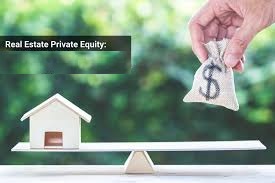What is Greed & Fear cycle (related to stock market however influence all walks of life - Very informative)

*The analysis of Greed & Fear cycle is not only affects stock markets but all walks of life includes real estate and other investment portfolios which one can easily relate and understand, hope reader of this article will find this piece of information very informative thanks Deepak Sundrani* Greed and fear refer to two opposing emotional states theorized as factors causing the unpredictability and volatility of the stock market, and irrational market behavior inconsistent with the efficient-market hypothesis. There is an old saying in Wall Street, “Financial markets are driven by two powerful emotions – Greed and Fear” . Legendary investor, Warren Buffet in his 1986 letter to Berkshire Hathaway shareholders wrote that, “Occasional outbreaks of those two super-contagious diseases, Fear and Greed, will forever occur in the investment community”. Investor behaviour driven primarily by Greed and Fear is responsible for the dizzying highs in bull markets and subsequent crash in bear


